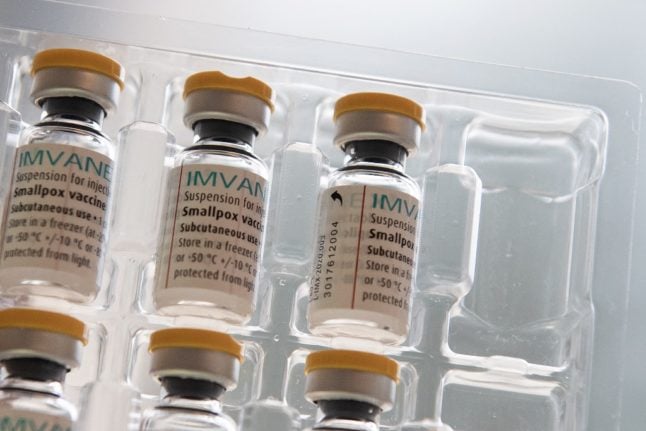“Among the 3,750 patients… 120 have been hospitalised and two have died,” the Spanish health ministry said in a report, without specifying the date of the second death.
It said the victims were “two young men”, and that studies were under way to gather more “epidemiologic information” on both cases.
READ ALSO: Spain reports first monkeypox-related death in Europe
According to the health ministry’s emergency and alert coordination centre, 4,298 people in Spain have been infected, making it one of the world’s hardest-hit countries.
The announcement came after Brazil also reported its first monkeypox-related death on Friday, with previous fatalities confined to Africa where the virus is endemic and was first detected in 1970.
It is unclear if monkeypox caused any of the three deaths, with Brazilian authorities saying its deceased patient suffered from other serious conditions.
The World Health Organisation has declared the outbreak a global health emergency, the highest alert level it can sound.
Most infections are in Europe, where 70 percent of new cases have been detected since early May, according to WHO chief Tedros Adhanom Ghebreyesus.
The WHO said on Saturday that more monkeypox-related deaths could be expected in Europe.
“With the continued spread of monkeypox in Europe, we will expect to see more deaths,” Catherine Smallwood, Senior Emergency Officer at WHO Europe, said in a statement.



 Please whitelist us to continue reading.
Please whitelist us to continue reading.
Member comments